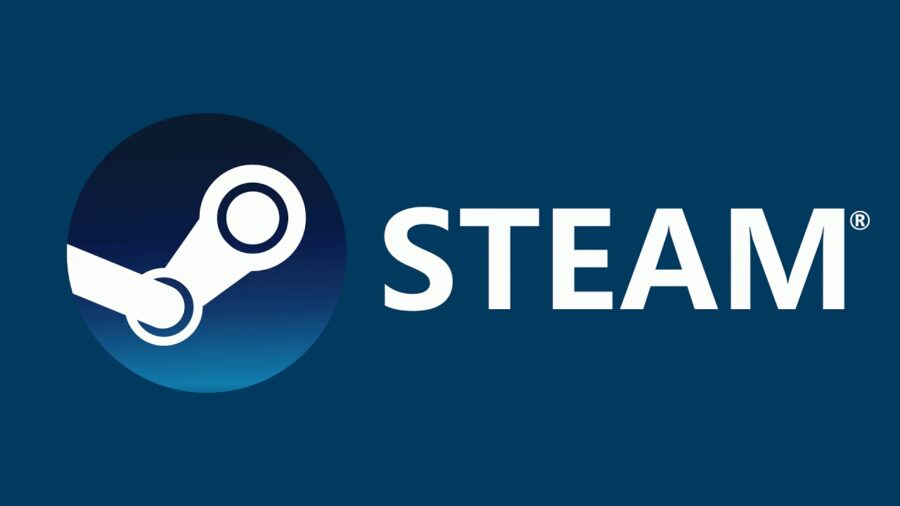Steam Users Are At Risk Of Losing Their Entire Game Library
The Steam game library will soon stop working on PCs using legacy Windows OS.

Steam, the world’s favorite PC gaming marketplace, will stop working on PCs, putting Steam users at risk of losing their entire Steam game libraries if they use legacy Windows OS. And though this sounds really, really grim, the news is not all that bad. Following in the footsteps of Fortnite and its maker Epic Games—Steam’s main competitor—the maker of Steam Deck announced that it too is pulling the plug on legacy Windows OSs. Don’t worry; your Steam game library is safe; you just won’t be able to access it on any PC running legacy Windows OS.
What do we mean by legacy Windows OS? Well, according to IGN, Steam is ending support for Windows 7, Windows 8, and Windows 8.1 PCs, any users who are still running these operating systems will have to upgrade or lose access to their Steam Client, and thus their Steam game libraries of purchased games. The changes won’t come into effect until January 1, 2024, after which the affected players won’t be able to install and run the Steam Client on their machines running legacy Windows—any Windows except Windows 10 and Windows 11.
Admittedly, the number of players isn’t really all that high according to statistics—only 1.31 percent of total Steam users still use legacy OSs. However, once you take into account the vast size of Steam’s user base, that 1.31 percent actually equates to more than 1.2 million users—that’s more than one million users who are potentially liable to lose access to their Steam game library—unless they upgrade, that is. However, the reason for Steam’s end of support for those OSs isn’t security but rather a loss of support by the Client’s engine.

A small community of gamers continues to run these legacy OSs as most of the bugs have been rectified. In the early days of Windows 10, when the OS had just launched, there were bugs that could’ve affected gaming performance, so gamers stuck with Windows 7 or Windows 8—the choice of the latter is rather questionable, considering that it’s an absolute failure. But Windows 10 is now a super-stable operating system, and so is Windows 11.
Admittedly, the latter still has some wrinkles that require ironing, but gaming and Steam Client work just fine on newer OSs.
The issue lies in the fact that Google Chrome ended its support for legacy Windows OSs. Steam Client uses Chromium to render its store, Steam Game library, and other bits of the UI, and since Chrome ended its support, the Client has to end its support too. Though it sounds like marginalization of those with older machines, this actually isn’t the case—it’s simply the evolution of software.
For anyone running older machines and wondering about system requirements, well, you can still run a Windows 10 as means of accessing your Steam Game Library.
Admittedly, you’ll have to modify your Windows installation and strip down all the bloatware—which we don’t recommend or endorse—and your Windows will run using minimal resources. There are countless guides for this, it may affect the security of your PC, but at least you’ll be able to access your Steam Game Library until you cash out for a new gaming PC.













